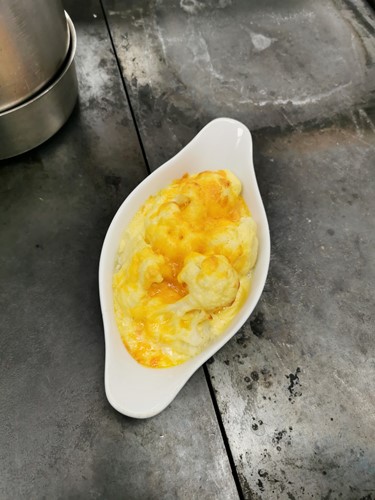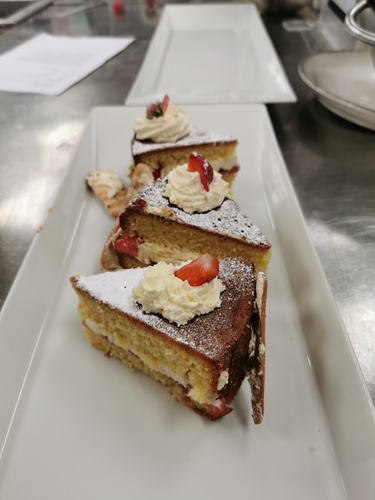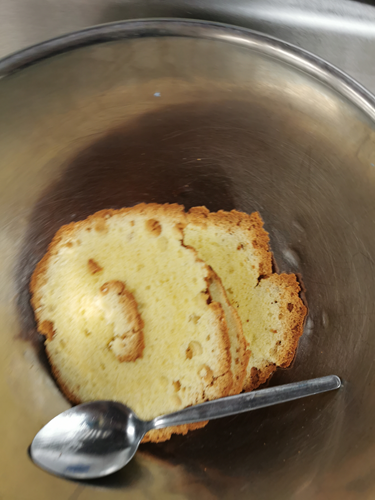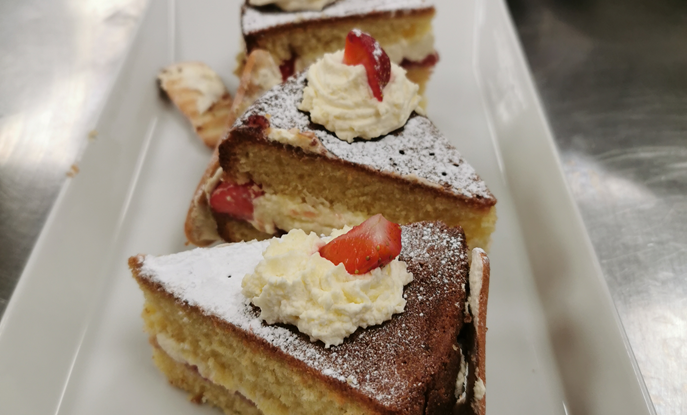As we make our way into the second week of the COP26 Climate Change Conference, our Hospitality students and staff have provided an insight into the ways in which they limit food waste. The food would otherwise end up in landfill, contributing to the rise of greenhouse gases, and consequently global warming.
Most food waste produced as part of Newcastle College's hospitality classes is 'recycled' and made into other food dishes which are then sold in one of our on-campus eateries, which doubles as a real working environment for our students.
Phil Pringle, Curriculum Lead for Hospitality commented "It is vital that we educate our students on food waste, its effects and how to manage it effectively.
"Our food waste produced through the curriculum is recycled into other products, such as stocks, soups and sauces, and other excess dishes are re-used within the hospitality department's real working environments.
"Alongside the environmental benefits, learning how to reduce food waste also contributes to students' business acumen and awareness of profitability and restaurant management."
Hospitality students Jonny Wood and Kate Dunn said that limiting food waste helps "maximise profits and keep kitchen costs down, whilst also having a positive impact on the environment".
This was echoed by students Claire Surtees and Tasha Atkinson, who added: "Reducing food waste will also encouragemore ethically minded customers to come to your business, as you are showing you are doing things correctly". They also added how using vegetable trimmings and other food waste as compost can help reduce refuge collection costs.
The images below show some of the dishes made by current students. The cauliflower cheese was produced in a skills class and was then sent over to the Bistro to be served to customers, as was the gateaux. The spare sponge in the bowl will be frozen and used in trifles when students learn about pastry production.




